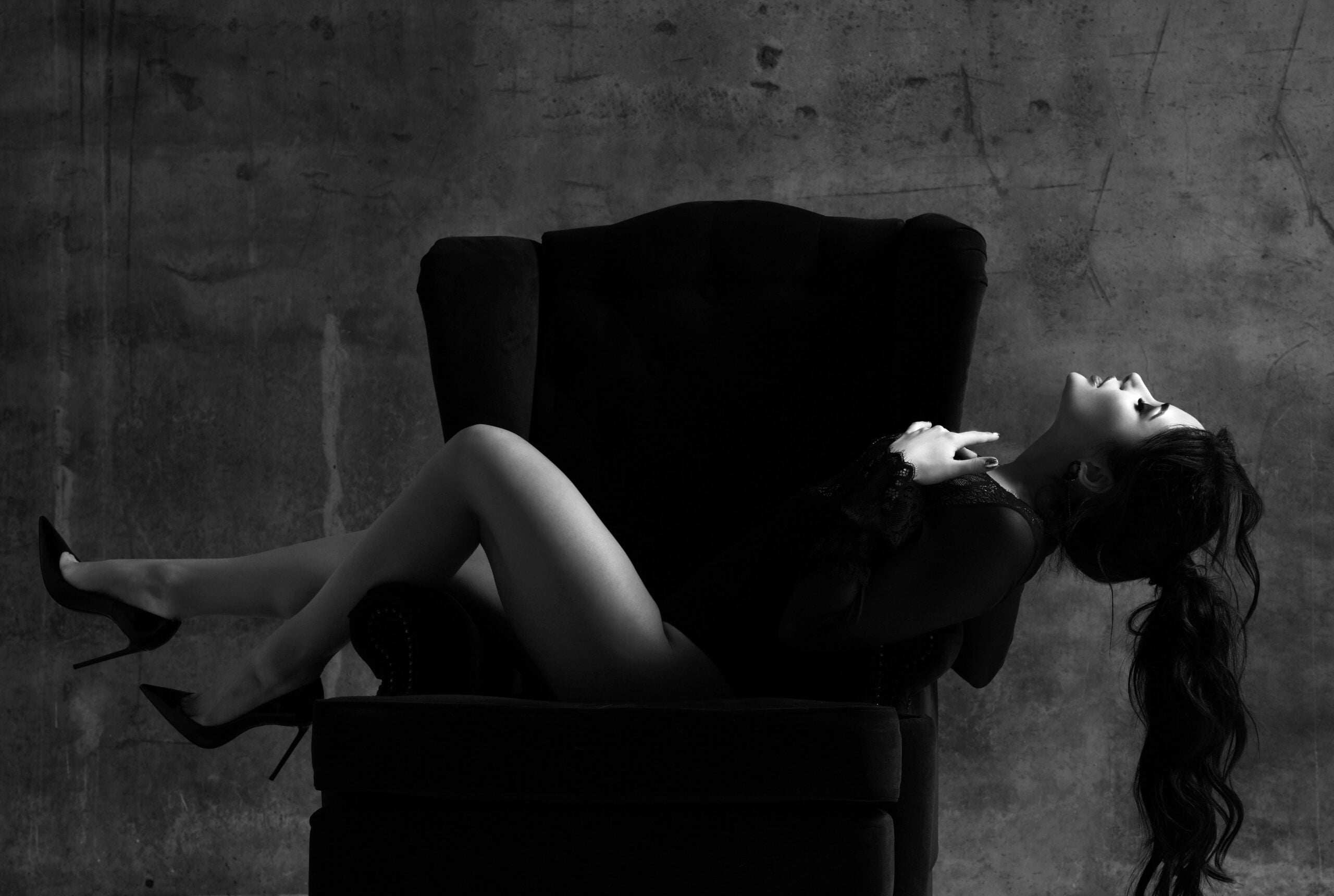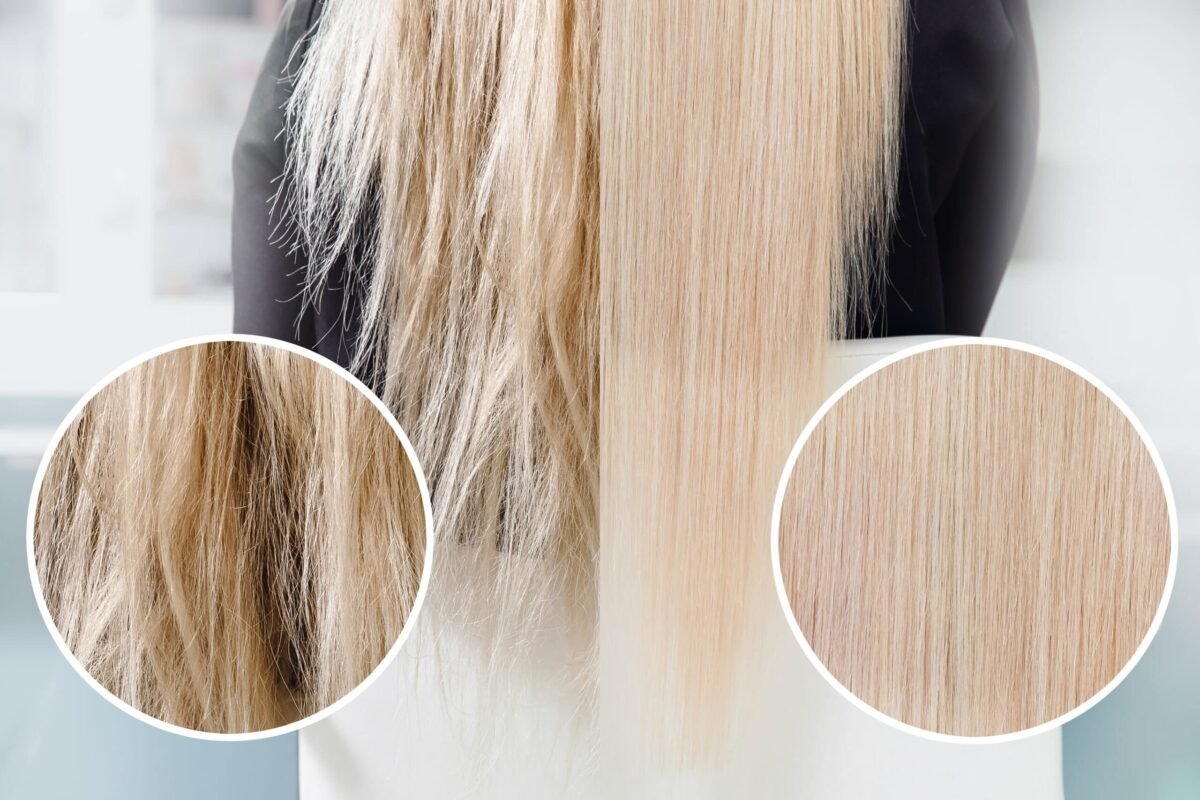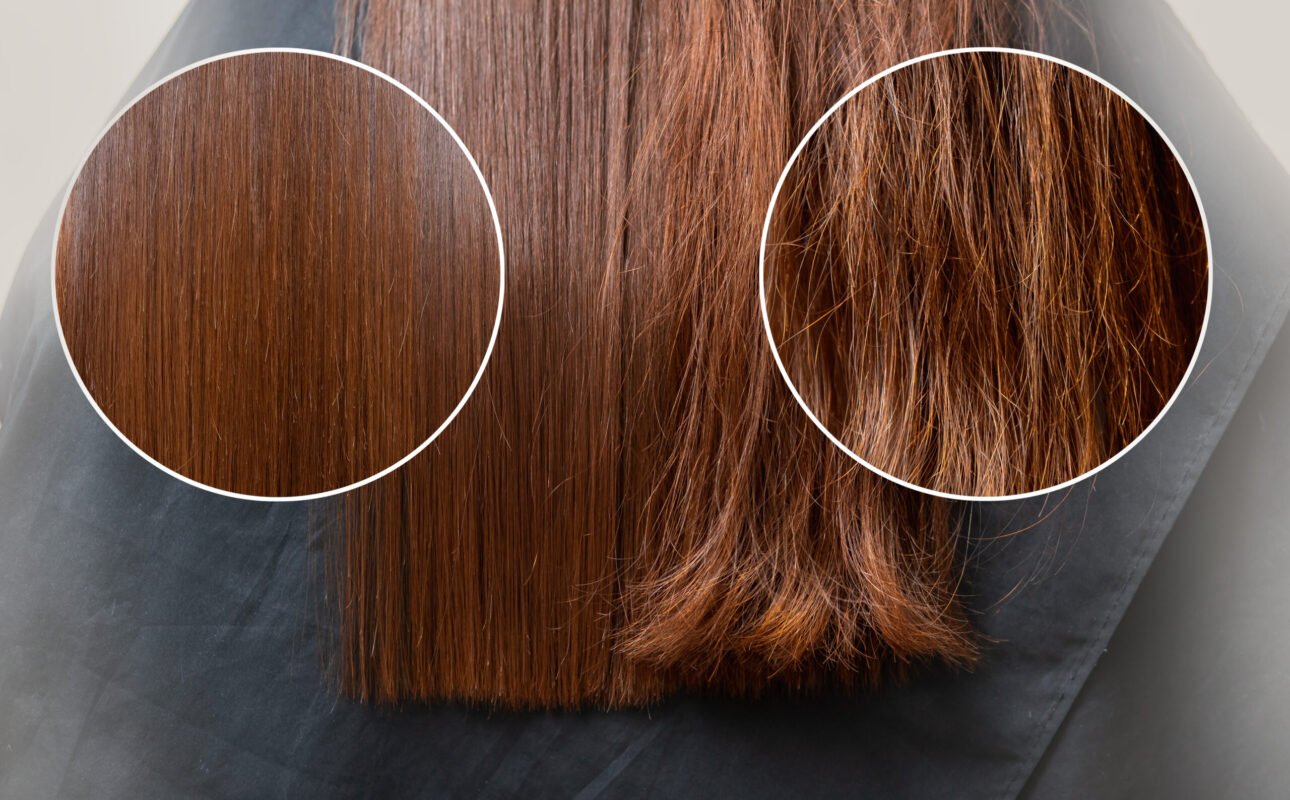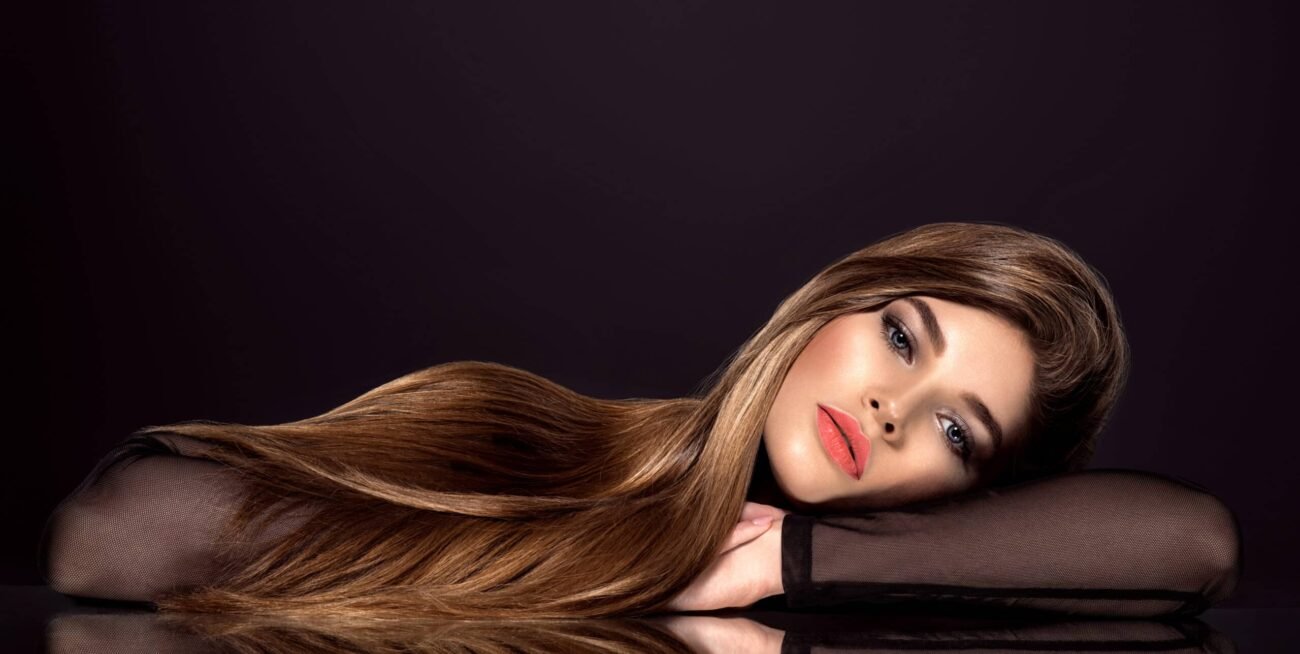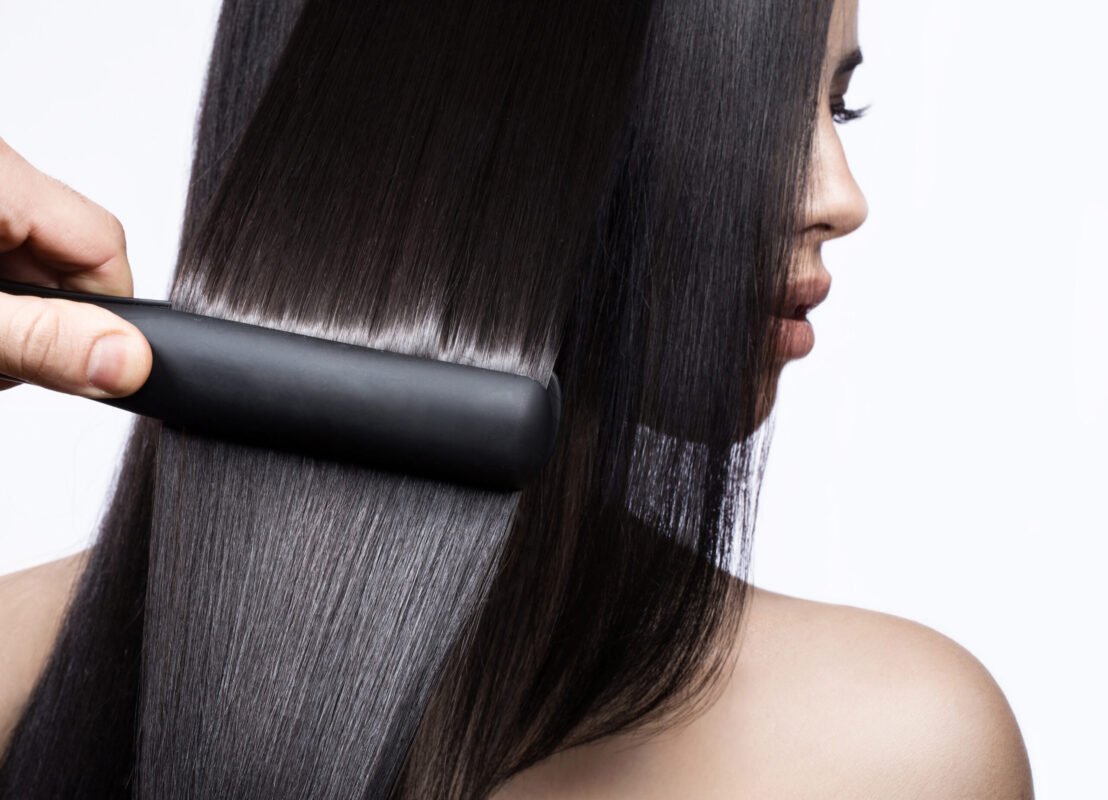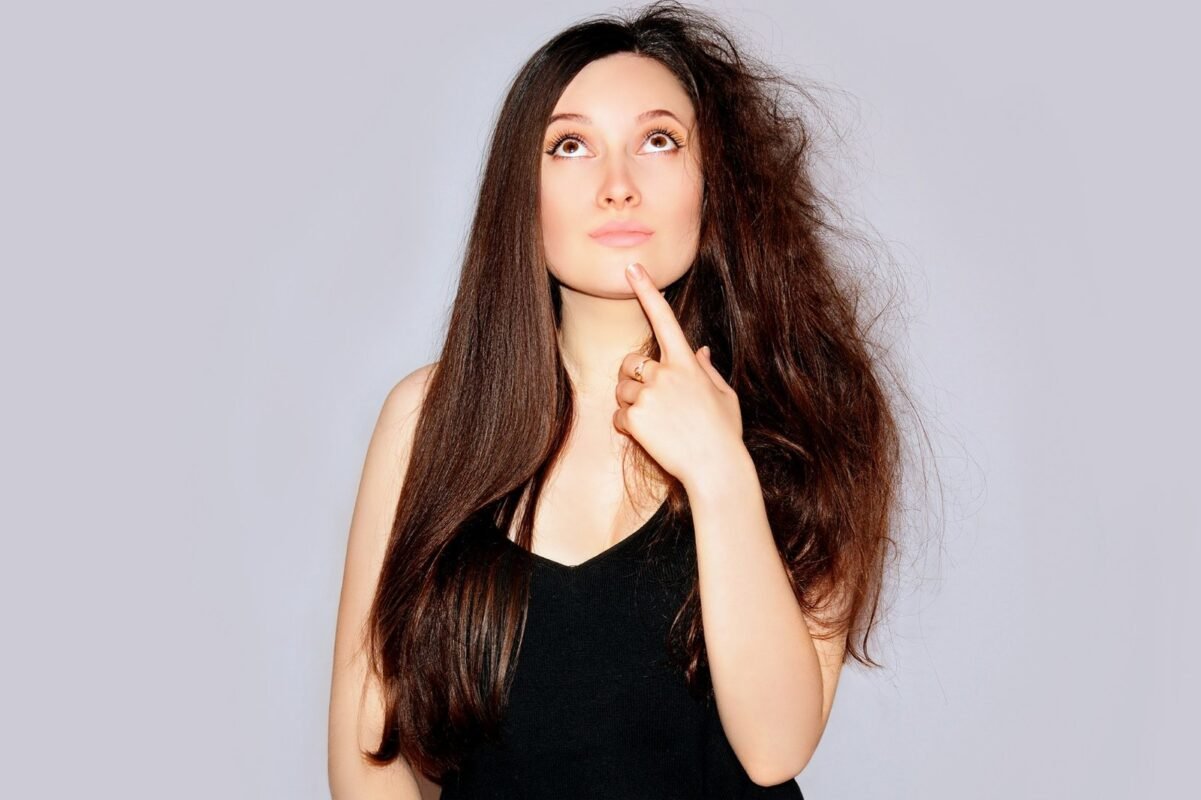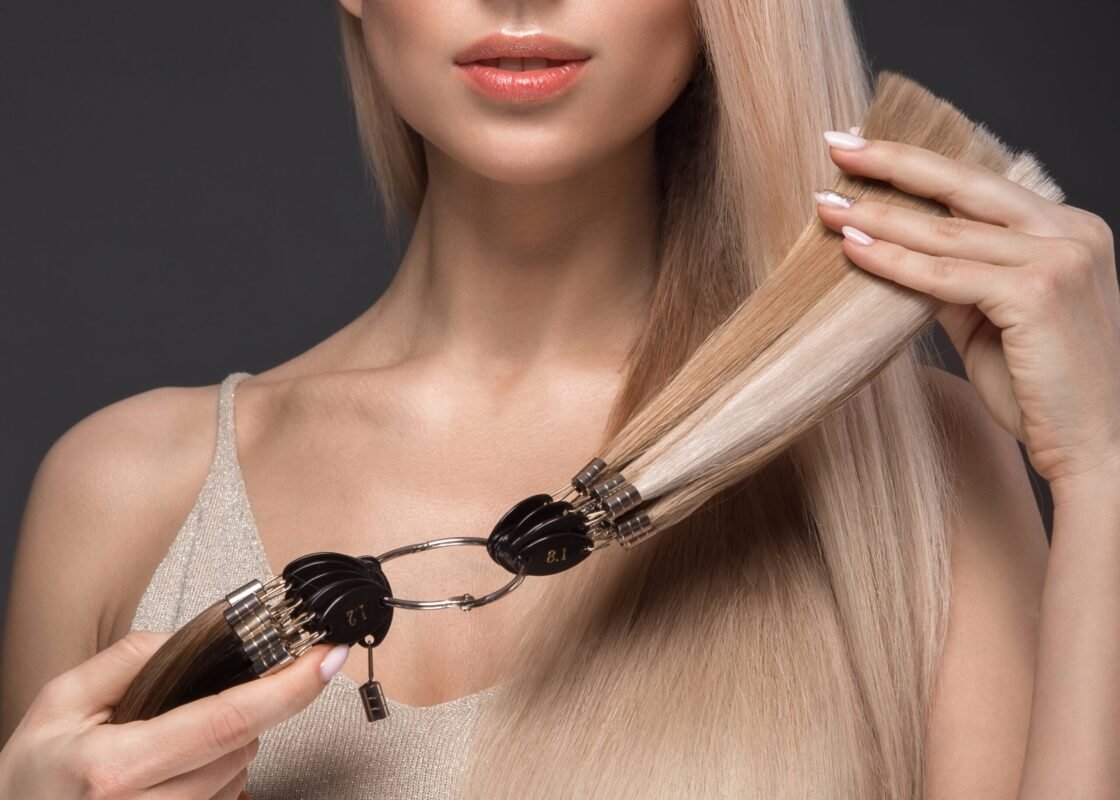How Pregnancy Hormones Transform Your Hair Straightening Routine

Pregnancy hormones can turn your hair straightening routine upside down. 🔄 Why?
Because those hormones might change your hair’s texture (hello, thickness or waves!), affect how your hair absorbs treatments, and even alter its response to straightening. 🤷♀️
✍ Hormonal Impact on Hair Texture
Pregnancy hormones can significantly alter your hair’s texture and how it responds to treatments. For example, if your hair becomes thicker or changes its structure (from straight to wavy or curly), it might not react to straightening treatments the way it did before you were pregnant. This means a treatment that used to give you sleek, straight hair for months might not last as long or might not work as effectively.
✍ Absorption and Effectiveness
The effectiveness of hair treatments, including straightening procedures, can also be affected by the increased blood flow and metabolic changes occurring in your body during pregnancy. Your scalp might absorb products differently, impacting how well a treatment takes hold or lasts.
✍ Hair’s Response to Treatments
Even if the straightening treatment is applied correctly and with safe products, your hair’s natural response could be unpredictable. Hormonal changes can make your hair more or less porous, more sensitive to damage, or prone to dryness, all of which can influence how well a treatment works or how your hair recovers from it.
✍ What to Consider
Given these variables, it’s crucial to:
- Have Realistic Expectations: Understand that the results of hair straightening treatments during pregnancy might not meet your usual expectations. Be prepared for outcomes that differ in terms of texture, longevity, and overall appearance.
- Consult with Professionals: Always discuss any hair treatment plans with your healthcare provider and a knowledgeable hairstylist. They can provide advice tailored to your current hair condition and overall health during pregnancy.
- Opt for Temporary Solutions: You might consider temporary straightening methods that do not involve chemicals, such as using a flat iron or blow dryer with a round brush. These methods allow you to avoid potential chemical exposures and still achieve a straightened look with more control over the outcome.
Pregnancy is a time when your body goes through many changes, and how your hair reacts to treatments is just one of the aspects affected by these hormonal shifts. Being informed and cautious will help you make the best decisions for your hair and health during this special time.

 Lace Clip-ins
Lace Clip-ins Ponytail
Ponytail
 Shampoo
Shampoo Mask
Mask Leave-in
Leave-in Oil
Oil Treatment
Treatment Styling
Styling
 Nanoplastia
Nanoplastia Keratin
Keratin Hair Botox
Hair Botox Cold Recovery
Cold Recovery
 Hair Treatment Tools
Hair Treatment Tools



